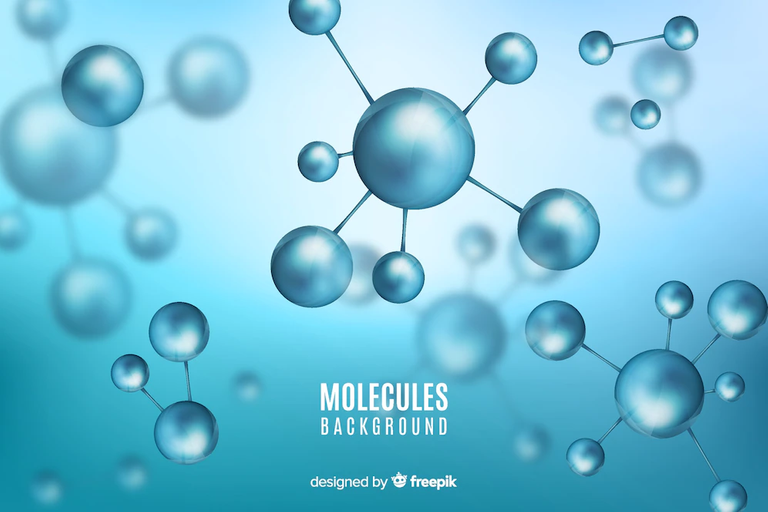Caffeine can make you sleepy?| Adenosine, receptors sleep and anxiety
What is Caffeine

Caffeine is a naturally occurring chemical that can be taken orally and usually has a simulator effect This chemical is used in tea, coffee and many other products. In coffee, it is used as a kick-start for many to get them throughout the day. It is so important that some companies will give you a break just so you can have some. People consume it even before going to work and it has been found to keep people more alert.
Besides caffeine functioning to keep us alert (by stimulating the nervous system) it also has a stimulatory effect on the muscles of the heart and those around the body. Caffeine causes the blood vessels to contract (reducing the surface area blood passes through) and can cause raised blood pressure. In the urinary system, it helps to increase urine flow.
Did you know that caffeine helps manage migraines and obesity?
The caffeine sold to the general public usually is not very concentrated as its natural form. It is illegal to sell it this way due to the health risk associated with over-consumption.
Caffeine molecule

Caffeine is structurally a methylxanthines alkaloid, it is seen in nature’s seed leaves and nuts in South America and East Asia. The structure of this molecule is very similar to Adenosine ( the energy molecule of the body). It binds to the Adenosine receptors in the body and does not cause the same function as Adenosine, instead it blocks the effect of Adenosine around the body. The other function of this chemical are stimulant and it also has inflammation prevention functions.
When this drug is taken, it goes to specific areas in the brain and inhibits Adenosine activity on its receptors. This inhibition causes stimulatory effects on the medullary, vagal, vasomotor and respiratory centres of the brain.
Its action also brings about an increase in the release of neurotransmitters in the CNS that stimulate it.
The reason caffeine acts against inflammation is that it acts against phosphodiesterase. This causes a release of the body's cyclic Adenosine Monophosphate which causes protein kinase A to be activated why inhibiting leukotrienes creation and stopping inflammation.
Caffeine and Adenosine
According to statistics, more than over 8 in 10 Americans use caffeine (particularly) coffee. Their reason is that they do not have enough sleep daily.
Is it possible that many people do not know how to use it and that’s where the problem stems from?
The reason why this might be the case is because of the time of consumption of caffeine. It is believed that Adenosine is the main regulatory molecule for sleep and blocking these receptors has caused sleep to be pushed back for some time.
The problem is that the molecule of Adenosine starts to build up during the day and causes an even worse need for sleep within the day.
The first study that was done to confirm the Adenosine and methylxanthines activity was done by Hollingworth.
In 1985 studies were able to prolong both Rapid eye movement and non-Rapid Eye Movement sleep.
In 2007 a study saw that there were mall variations in the way e respond t coffee.
Other possible uses of Caffeine within the Adenosine system
In the medical community, it has been a long-known fact that Adenosine acts in receptors to cause changes in sleep habits there is no drug available that uses this to make any changes regarding sleep.
We have seen in this post that the methylxanthines can also cause blockage of these Adenosine receptors and dipyridamole increases Adenosine uptake by activating Adenosine receptors.
Let's look at some possible clinical uses of blocking or stimulating this system.
The normal daily coffee intake is enough to prevent Hypersomnia and daytime sleep. It also makes the subject alert and awake. In the past coffee was offered as t treatment for narcolepsy (abnormal daytime sleepiness).
Right now there are more effective drugs for narcolepsy but some people who have it just take plenty of coffee.
Studies done on mice have shown that the alertness seen in caffeine use is related to angiotensin receptor stimulation.
It is possible to develop insomnia and anxiety when caffeine is used for long periods. For people who have anxiety disorder 10mg/kg of caffeine use can cause features of anxiety and even make cause panic attacks. These clinical features were found to be related to blood levels of caffeine.
In some individuals, whole are healthy the receptors for Adenosine are specific variants that increase the tendency that caffeine will cause anxiety in them. Studies show that the effect of caffeine on these individuals is related to the brain's biology sleep and anxiety.
From all the research we know that if the Adenosine receptors could be modulated with drugs we could alter sleep. There are some problems whenever this has been tried in studies, the biggest of those problems is that the drugs that could act like Adenosine on its receptors in the brain so far can not cross the blood-brain barrier.
Another big issue is that Adenosine receptors are found virtually everywhere in the body and their use could cause adverse effects around the body. There have been trials of making organ-specific Adenosine receptor simulators but none have been successful.
One promising route might be the enhancement of Adenosine signalling or reducing its destruction in the body. What this means is that a drug can be given to change the way Adenosine acts on its receptors to give desired effects. One way to do this would be to use allosteric enhancers.
These chemicals can not act by themselves to increase the stimulatory effect on Adenosine receptors but they can cause stability whenever Adenosine interacts with its receptor. They have been attempts at having a compound achieve this on the brain-specific Receptors of the CNS. The results were slow-wave sleep enhancement in mice.
Conclusion
Caffeine so far is that is acts on adenosine receoptiors in the brain and prevents adenosine from binfing to them preventing sleep, if these receptors are blocked too early after sleep adenosine might bind to the receptor after the caffeine has worn out and cause sleep a mid day.
First time I read something different from what is usually said about caffeine. Which is usually related to a kind of stimulant.
Interesting what you raise here, I think I will check a little more about it, more considering that I am an avid coffee drinker. Thank you.
I drink coffee too. But you need to time the drinking of coffee. You shouldn't take it within the first hour of waking
Thanks for your contribution to the STEMsocial community. Feel free to join us on discord to get to know the rest of us!
Please consider delegating to the @stemsocial account (85% of the curation rewards are returned).
You may also include @stemsocial as a beneficiary of the rewards of this post to get a stronger support.
Thank you!
Interesting! Yesterday a friend told me this about caffeine but I was arguing that it is only for alertness. Today, I have seen it here again. Thanks for sharing.
It helps in keeping awake too, but ou need to know how to use it.
I will always advise people not to get addicted to using caffeine most of the time because it can lead to several issues related to health wise
Especially if they can have anxiety after using it.